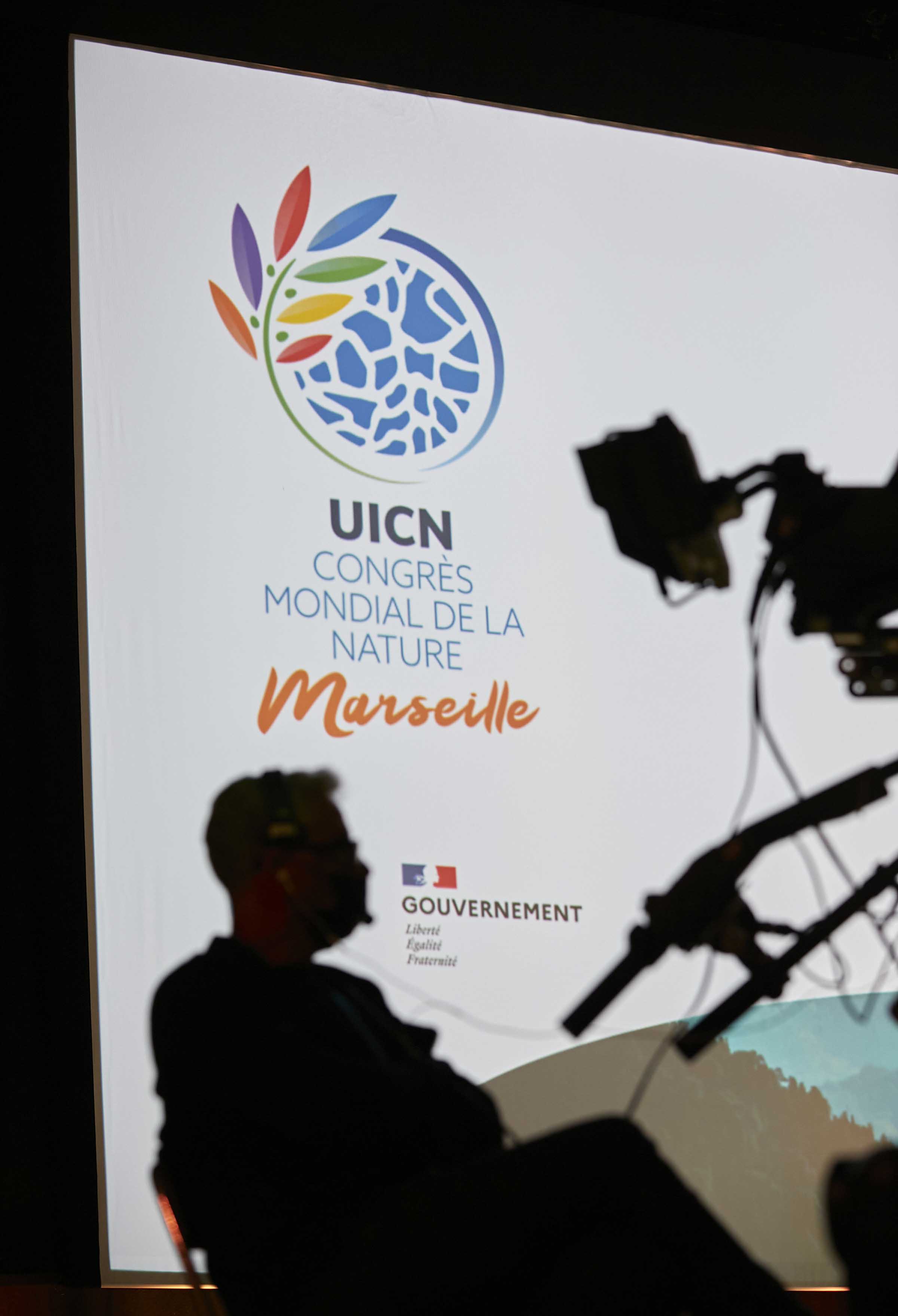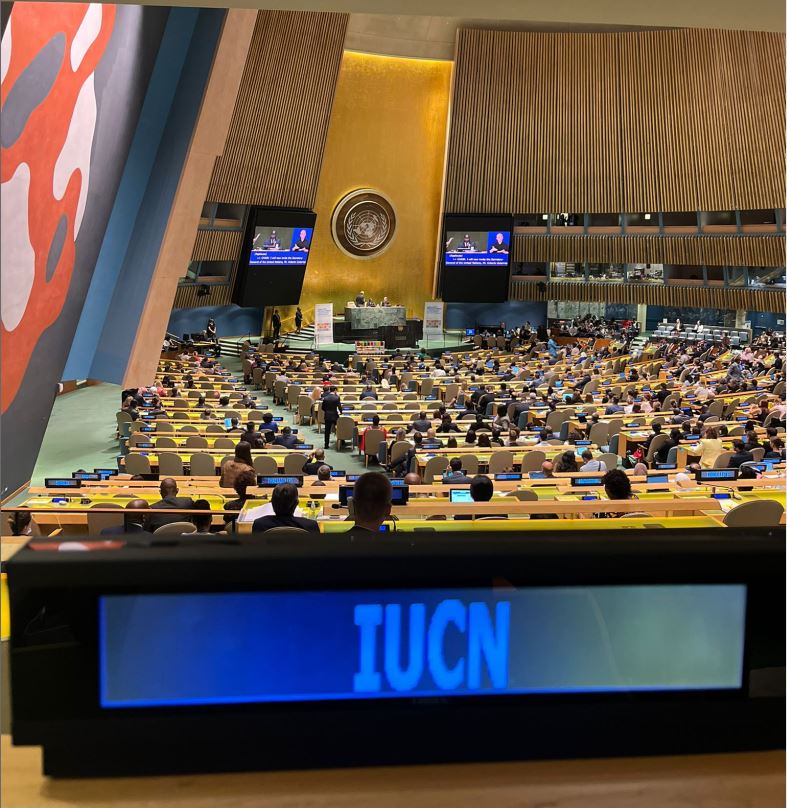IUCN’s objectives are to influence, encourage and assist societies throughout the world to conserve the integrity and diversity of nature and to ensure that any use of natural resources is equitable and ecologically sustainable. Its policy work is essential to achieve these objectives and to have an impact on world conservation.

Setting conservation priorities

IUCN sets conservation priorities through a unique multi-stakeholder decision-making process resulting in policies and decisions that guide the development and promotion of recommendations to governments, and global conservation standards and policies. These outcomes are IUCN’s Resolutions and Recommendations.
Through this process, IUCN has been instrumental in the creation and development of major environmental conventions and international agreements such as the Ramsar Convention, the Convention on International Trade in Endangered Species (CITES), the World Heritage Convention, and the Convention on Biological Diversity (CBD) and has encouraged States to adhere to these agreements.
Informing and influencing international agreements

IUCN engages in and influences international agreements that are relevant to the conservation and sustainable use of nature and natural resources.
As the world’s Conservation Union, including States, government agencies, non-governmental organizations, IUCN is in a unique position to reflect and promote the priorities of the global conservation community. As an observer at the United Nations General Assembly, IUCN delivers the policy perspectives of its Members at the highest international level of diplomacy.



